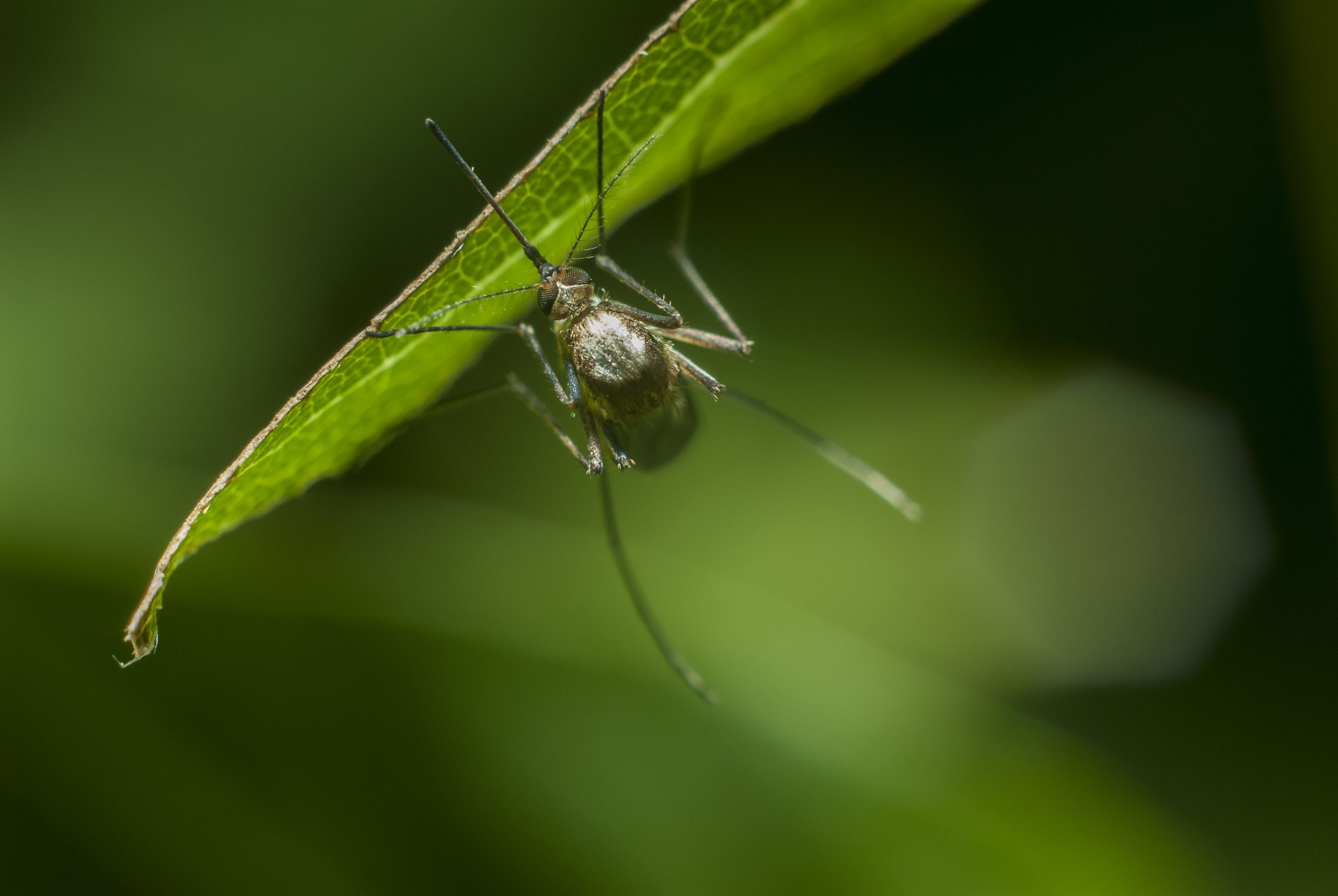

Humans can smell. Each person has a distinct body odor. For generations, people have used scent-altering products. Floral and fruity scented soaps are more popular.
Mosquitoes, which spread diseases that kill hundreds of thousands of people each year, don’t care whether we believe these odors are good or harmful. Furthermore, mosquitoes rely on plant nectar to obtain part of the sugars required to support their metabolism, in addition to the nutrients required in the blood to make eggs.
And humans with nourishment and a floral scent? That’s two strikes.
Despite the fact that these fragrances are directly under our noses, the impact of scented soap smell on mosquito preference was generally disregarded until Virginia Tech researchers in the College of Agriculture and Life Sciences asked the question.
They discovered that some soaps could make individuals more or less attractive to mosquitoes.
“Just by changing soap scents, someone who already attracts mosquitoes at a higher-than-average rate could further amplify or decrease that attraction,” said Clément Vinauger, assistant professor of biochemistry and co-principal investigator on the proof-of-concept study with collaborator Chloé Lahondère, also assistant professor of biochemistry.
The study on mosquito soap interactions was published in iScience on May 10 and was partially financed by the US Department of Agriculture and the National Institute of Food and Agriculture.
Hidden Beneath People’s Noses
Four participants were used to study the relationship between scented soap and mosquito attraction. First, the research team, which comprised graduate student Morgen VanderGissen and postdoctoral associate Anas Tallon, examined each individual’s distinct smell profile, both unwashed and cleaned using Dial, Dove, Native, and Simple Truth soaps.
According to Vinauger, soap accounts for more than 60% of what is detected after washing, rather than natural body scents.
“The other aspect is that it’s not simply adding stuff to our body odor, but it’s also replacing some chemicals while eliminating others that are washed away,” Vinauger said. “So we think there is a lot of chemical interaction between our natural chemicals and soap chemicals.”
To examine the interactions between smell, the researchers placed mosquitos in a meshed cage with two cups containing odor extracts and gave them a choice between unwashed scents collected from persons and washed scents. The odors were collected using a nylon sleeve worn on the forearm with the body cleaned and unwashed. The tests were repeated for the various aroma combinations.
“This way we can really measure and quantify the effect of the soap in terms of increasing or decreasing the attractiveness of the individual,” Vinauger said. “That’s where we found that not all soaps have the same effect on all volunteers.”
Three of the four soaps boosted mosquito attraction while one decreased it. All of the scented soaps smelled fruity or floral. The coconut-scented one was the least appealing.
“That was very interesting for us because there is other evidence in the literature that elevating certain fatty acids, such as those found in coconut oil derivatives, could serve as a repellant for mosquitoes and other insects,” Vinauger said.
There are Odors everywhere
With the proof-of-concept study results in hand, the researchers intend to expand the study with more participants and soap kinds to gain a better grasp of the consequences.
“Trying different soaps is important because we are showing that it’s really the combination between your natural odor and a specific soap that matters,” Vinauger said. “We also need to study the duration of these effects. What if you shower in the morning? The evening? We need to answer these questions in our future work.”
Soap is simply one component of the puzzle. Deodorants, laundry detergents, and other scented goods may also be involved.
While additional research is needed, evidence suggests that using coconut-scented soaps may minimize mosquito attraction.
more recommended stories
 Red Blood Cells Improve Glucose Tolerance Under Hypoxia
Red Blood Cells Improve Glucose Tolerance Under HypoxiaKey Takeaways for Clinicians Chronic hypoxia.
 Nanoplastics in Brain Tissue and Neurological Risk
Nanoplastics in Brain Tissue and Neurological RiskKey Takeaways for HCPs Nanoplastics are.
 AI Predicts Chronic GVHD Risk After Stem Cell Transplant
AI Predicts Chronic GVHD Risk After Stem Cell TransplantKey Takeaways A new AI-driven tool,.
 Red Meat Consumption Linked to Higher Diabetes Odds
Red Meat Consumption Linked to Higher Diabetes OddsKey Takeaways Higher intake of total,.
 Pediatric Crohn’s Disease Microbial Signature Identified
Pediatric Crohn’s Disease Microbial Signature IdentifiedKey Points at a Glance NYU.
 Nanovaccine Design Boosts Immune Attack on HPV Tumors
Nanovaccine Design Boosts Immune Attack on HPV TumorsKey Highlights Reconfiguring peptide orientation significantly.
 High-Fat Diets Cause Damage to Metabolic Health
High-Fat Diets Cause Damage to Metabolic HealthKey Points Takeaways High-fat and ketogenic.
 Acute Ischemic Stroke: New Evidence for Neuroprotection
Acute Ischemic Stroke: New Evidence for NeuroprotectionKey Highlights A Phase III clinical.
 Statins Rarely Cause Side Effects, Large Trials Show
Statins Rarely Cause Side Effects, Large Trials ShowKey Points at a Glance Large.
 Anxiety Reduction and Emotional Support on Social Media
Anxiety Reduction and Emotional Support on Social MediaKey Summary Anxiety commonly begins in.

Leave a Comment